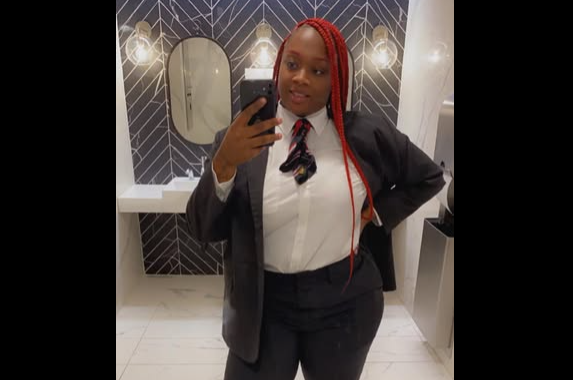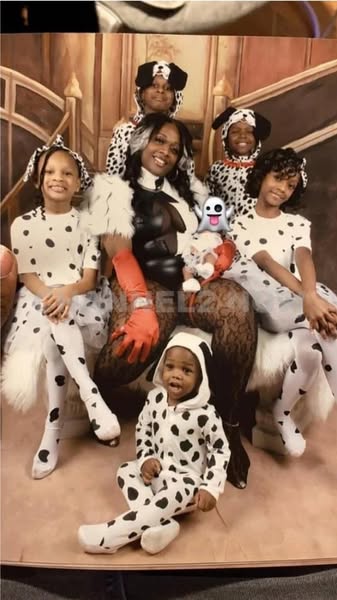Jamia Taylor, a devoted mother of six, tragically lost her life to gun violence at just 29 years old. Known affectionately as Mya Da Baddie, she was fatally shot near the intersection of 79th Street and Bennett Avenue in Chicago, leaving her family and community in mourning.
Chicago police responded to the scene, where they found Taylor with a gunshot wound to the shoulder. Despite emergency responders’ swift efforts, she was pronounced dead at the scene. Authorities have yet to disclose details about potential suspects or motives, leaving many unanswered questions surrounding the circumstances of her death.
Taylor was more than a statistic in Chicago’s ongoing struggle with gun violence—she was a beloved community member and, most importantly, a dedicated mother. Her six children now face a future without her love and guidance, a heartbreaking reality that has deeply impacted those who knew her. Friends, neighbors, and those familiar with her online presence are rallying together to honor her memory and seek justice.

In response to the tragedy, community members are organizing vigils not only to remember Taylor but also to call attention to the urgent need for solutions to Chicago’s persistent violence. The lack of immediate details from law enforcement has fueled frustration, as residents demand more transparency and swift action in the investigation.

Beyond this individual loss, Taylor’s death reignites conversations about gun control, community policing, and intervention programs aimed at addressing the root causes of violence—such as poverty, lack of opportunity, and systemic inequities. Her passing serves as a stark reminder of the devastating consequences of unchecked violence.
As the city mourns, the focus turns to supporting Taylor’s children, with efforts likely to include financial aid, counseling, and community-driven initiatives. Meanwhile, police continue their investigation, and the community holds onto hope that justice will be served.
While deeply personal, Taylor’s tragic death is part of a larger societal crisis that demands action. Her story is a painful yet powerful call for change—a push toward a safer and more compassionate Chicago.